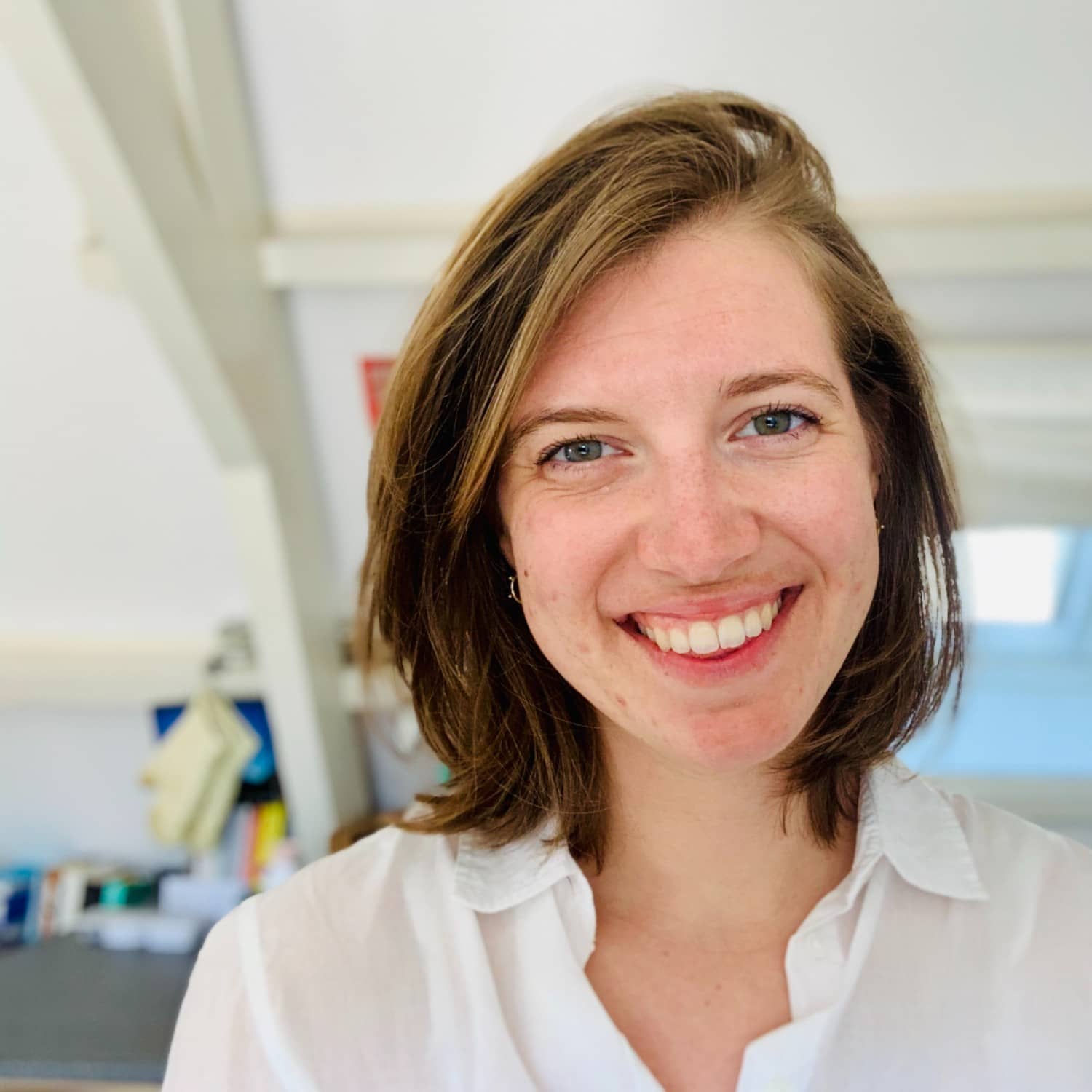Uncertainty in Circular Architectural & Engineering Education and CBL
Nina Bohm is doing a PhD on transdisciplinary education at Delft University of Technology under the wings of the 4TU Centre for Engineering Education and the supervision of Prof.dr.ir Ellen van Bueren (TU Delft) and Prof.dr. Perry den Brok (Wageningen University). In her research, she investigates courses and curricula that build bridges to connect academic knowledge and the sustainability challenges of the city. Her research takes an interest in how students learn to deal with uncertainty. In this video, Nina takes a specific look at how students learn to deal with uncertainty through new pedagogical approaches.
Main Takeaways
- In the transition to a circular built environment, there is so much that we still do not know: this uncertainty is affecting architectural and engineering education.
- The pedagogical task is shifting towards helping students to not simply withstand uncertainty, but to be able to act judiciously in conditions of uncertainty. And in this shift, enhancing human qualities like thoughtfulness and courage become as important as sharing knowledge and teaching specific skills.
- Conversing becomes a key aspect in teaching and materializes through teacher-student interaction, but also peer-to-peer reflection.
- There is a wide array of didactic approaches where conversing is central: challenge-based learning is one of them. It encourages conversing not only within the members of the group responsible to address a specific challenge, but also with a wide range of diverse stakeholders that are affected by it.
Further Reading
- Bohm, N. L., Klaassen, R., den Brok, P., & van Bueren, E. (2020). Choosing Challenges in Challenge-based Courses. SEFI 48th Annual Conference, Twente, the Netherlands.
- Bohm, N. L., Klaassen, R., van Bueren, E., & den Brok, P. (2023). Between flexibility and relativism: How students deal with uncertainty in sustainability challenges. SEFI Annual Conference, Dublin, Ireland. [to be published]
- Brugnach, M., Dewulf, A., Pahl-Wostl, C., & Taillieu, T. (2008). Toward a Relational Concept of Uncertainty: about Knowing Too Little, Knowing Too Differently, and Accepting Not to Know. Ecology and Society, 13 (Dec 2008).
- Langer, E., Hatem, M., Joss, J., & Howell, M. (1989). Conditional teaching and mindful learning. Creativity Research Journal, 2(3), 139-150.
- Malmqvist, J., et al. (2015). Comparative analysis of challenge-based learning experiences. Proceedings of the 11th International CDIO Conference, Chengdu University of Information Technology, Chengdu, Sichuan, PR China.
- Sterling, S. (2004). Higher Education, Sustainability, and the Role of Systemic Learning. In: Higher Education and the Challenge of Sustainability: Problematics, Promise, and Practice. B. Corcoran and A. E. J. Wals. New York, Kluwer Academic Publishers.
